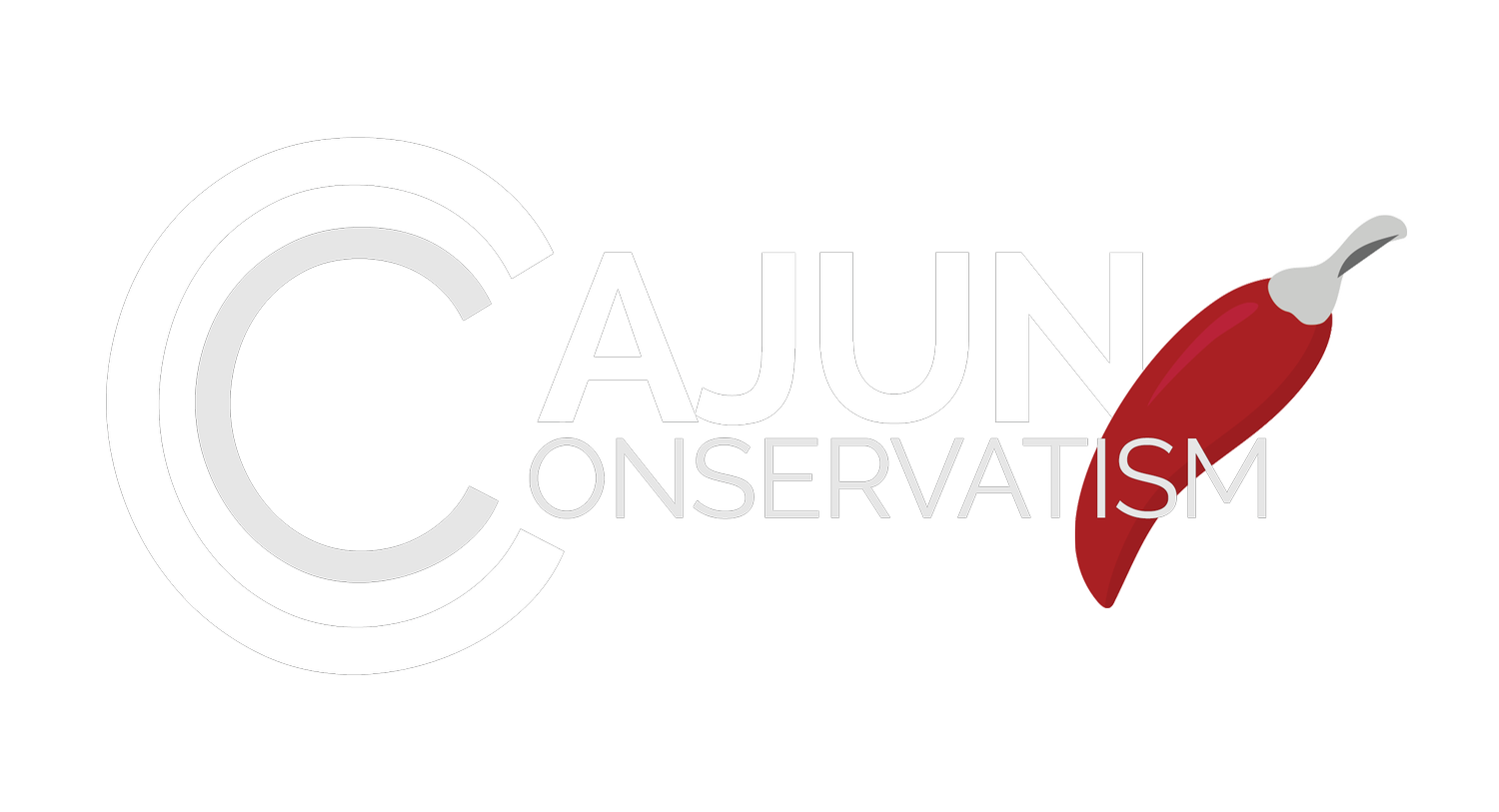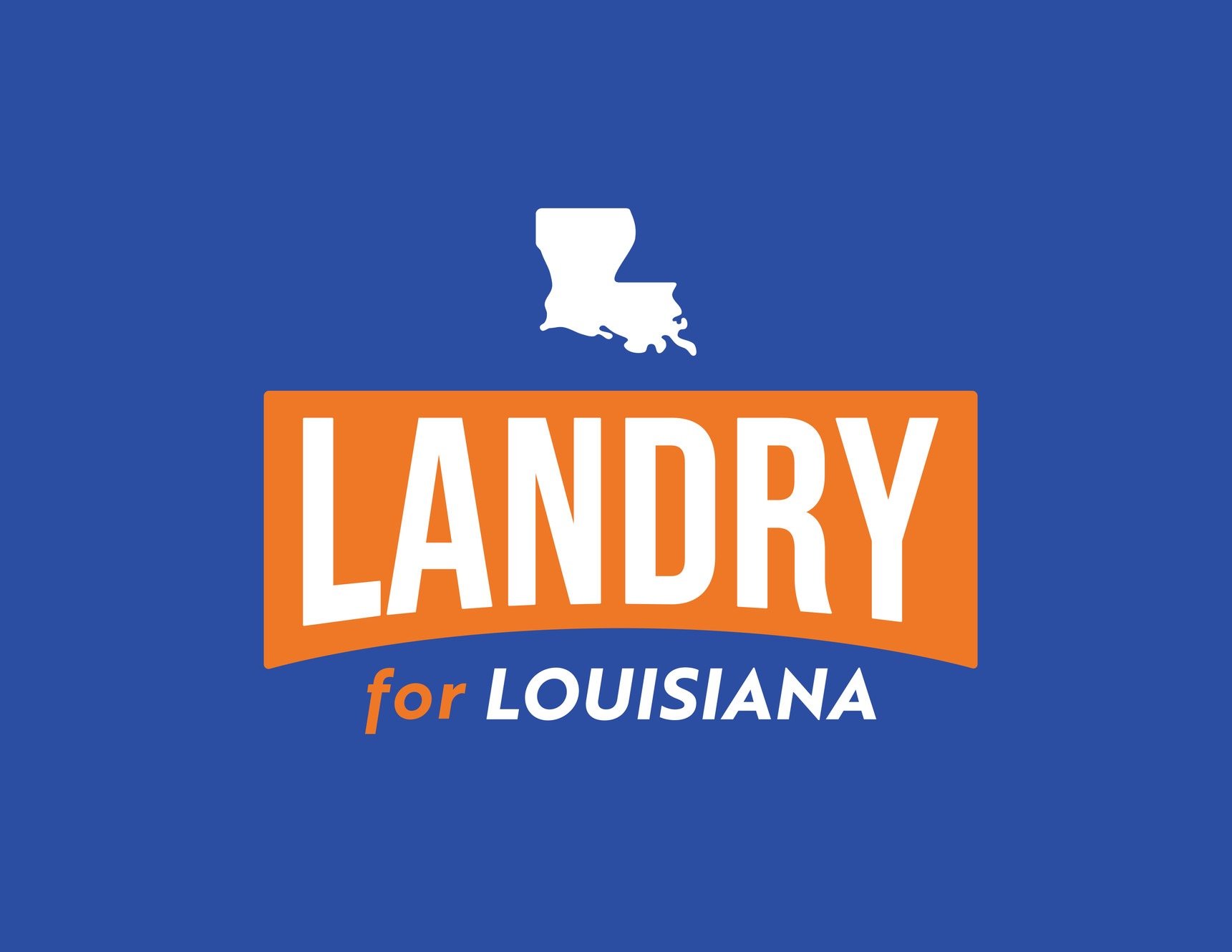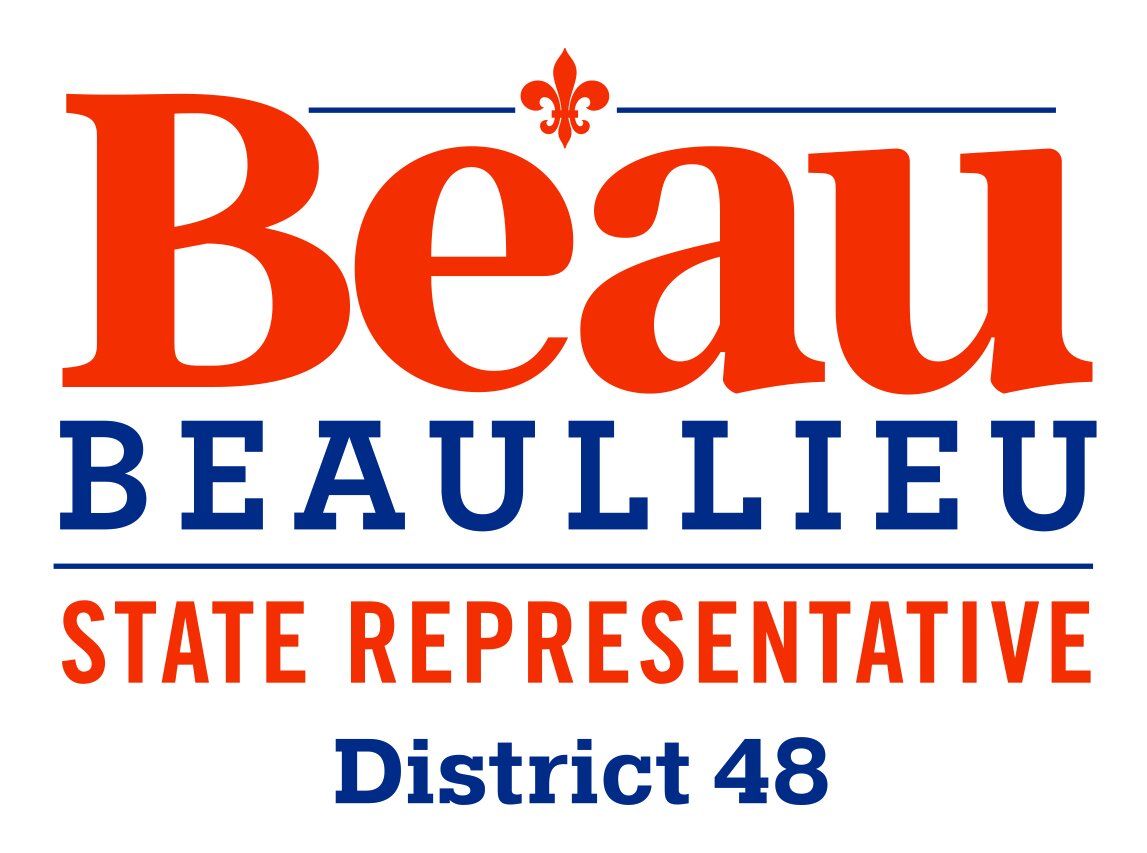In 1964, Supreme Court Justice Potter Stewart struggled to find the right words to describe pornography. In the end, influenced by his law clerk, he said: “I know it when I see it.”
Similar to Stewart, I have struggled to find the right words to describe the new books currently being circulated within the children’s sections of our public libraries and public schools; but I too know pornography when I see it, even when it is thinly disguised as educational material for children.
As someone whose office has made over 800 arrests related to crimes against children — primarily for the production, possession, and/or distribution of sexual abuse images and videos of juveniles — I am completely shocked that such licentious material is being subsidized by the state through our tax dollars.
As I am sure you would agree, a library should be a safe place to learn — a place where a child might develop a lifelong love of reading, discover intellectual passions, and pursue dreams for a fulfilling career. That said, books are abundant, especially today when you can access almost any title online for less than the cost of a cup of coffee or even a pack of gum. The plethora of reading material is so great that the hardest part is determining how to find the knowledge you need in a sea of available information.
Enter the librarian, whose job is to connect readers (especially children) with data that will help them become more informed, more thoughtful, and more productive members of our society. The librarian should link them with useful information that would help them work more efficiently towards solving problems and completing projects. This is why we invest our hard-earned tax dollars into our public libraries and schools: to create the minds that will build our future.
Unfortunately, with the new smut being peddled upon our vulnerable children, we must ask ourselves: what kind of knowledge do we want our kids to engage with? What kind of minds do we wish to feed? And what kind of future do we want Louisiana to have?
Librarians and teachers are neither empowering nor liberating our children by connecting them with books that contain extremely graphic sexual content that is far from age appropriate for young audiences. Instead, they are normalizing and even encouraging behaviors that have regrettably gotten adults addicted to pornography — inevitably leading to lack of intimacy, numbness to experience and connection, or worse. Such shifts in perspective have led addicts towards increasingly violent and criminal sexual desires.
Why would any decent human being want to put the next generation on such a miserable and lonely path through life, chasing sensation at the expense of themselves? And how could that possibly be in the best interests of our children or our state?
The fact that those pushing for such hyper sexualized content are willing to use fear to elicit compliance answers these questions. Whether it is directed at parents or your children — the Radical Left believes fear of judgment, ridicule, and shame is necessary to push through their agenda at the expense of both your tax dollars and your child’s passion for any other subject. Such fear kills the very desire for learning that public libraries and schools are supposed to promote.
Is the market for this dangerous content so small, and the value for these books so low, that families must be forced into accepting them to increase popularity? And is this really the best future our school board members, district superintendents, and library supervisors can dream up for our state?
Fellow parents, guardians, and taxpayers: these are the questions I invite you to ask.
Jeff Landry is the attorney general for Louisiana
Original piece can be found at The Daily News








